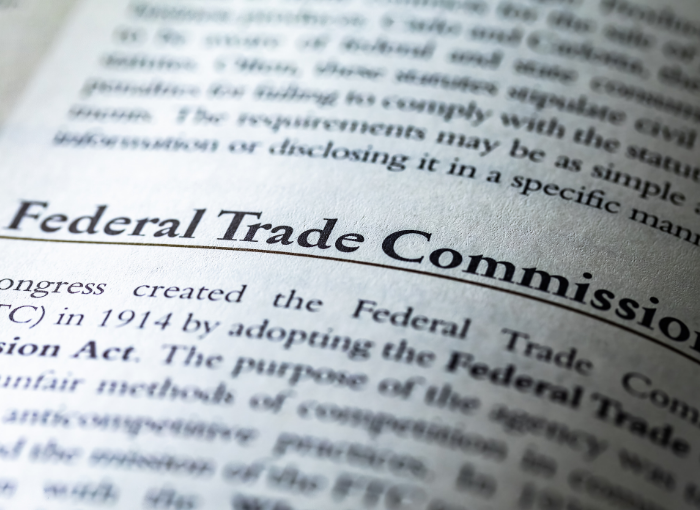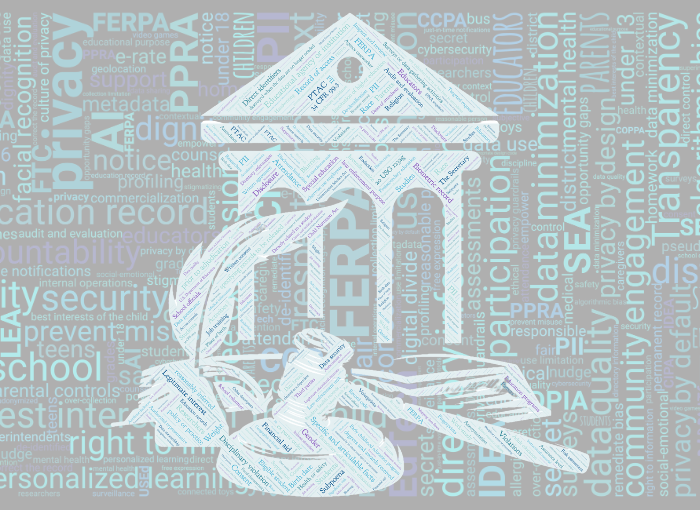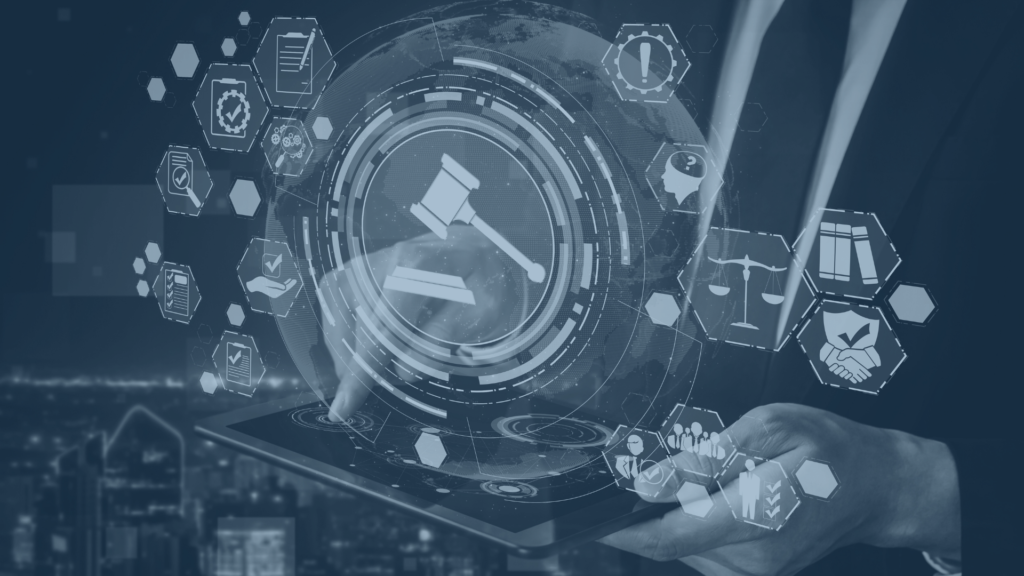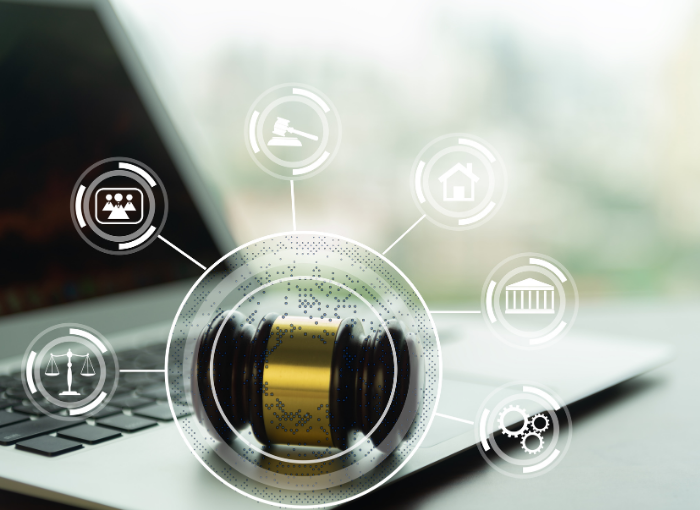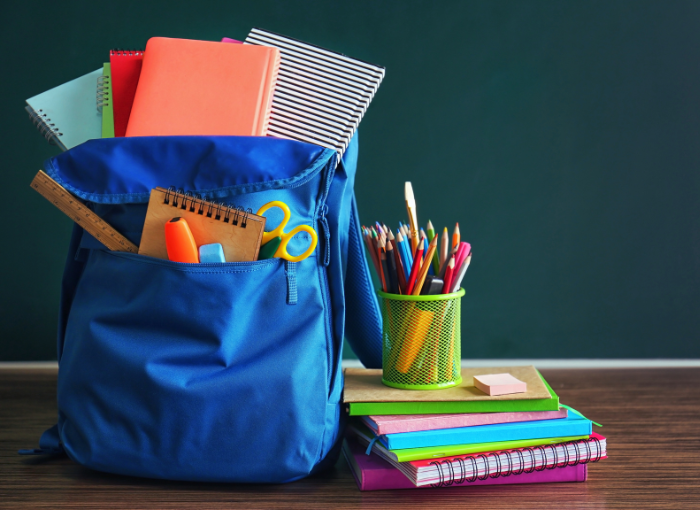
Student Privacy and Special Education: An Educator’s Guide During and After COVID-19
August 04, 2020
Lindsey Barrett and Amelia Vance
National Center for Learning Disabilities & Future of Privacy Forum
Shared Under Creative Commons License
COVID-19 has disrupted education and has forced schools to pivot quickly to a distance learning approach, which is often virtual. Using virtual learning products comes with concerns about student privacy, including for students receiving special education and related services. Federal privacy laws don’t explicitly address how to handle every situation, but concerns about privacy should not be a barrier to serving students as best as educators are able. This guide is designed to provide an overview of major relevant privacy laws and to help educators think through common scenarios that might present privacy concerns, particularly for students with disabilities.
Which laws address privacy concerns in special education?
Family Educational Rights and Privacy Act (FERPA)
The Individuals with Disabilities Education Act (IDEA)
IDEA contains provisions that are aligned to FERPA’s privacy requirements:
To receive federal funding under IDEA, states must have systems in place to protect the confidentiality of personally identifiable information and must maintain the right of parents to consent to the exchange of that information. IDEA also provides the right of parents to examine records relating to their student’s assessment, eligibility determination, and individualized plan.
IDEA includes robust provisions calling for parent participation in special education, specifically allowing for the use of video and conference calls in IEP meetings. In particular, 34 CFR § 300.322(a) of IDEA calls for public agencies to “take steps to ensure that one or both of the parents of a child with a disability are present at each IEP Team meeting or are afforded the opportunity to participate.” Additionally, 34 CFR § 300.328 of IDEA anticipates that parent participation may not always be possible in person and allows for parents and public agencies to “agree to use alternative means of meeting participation, such as videoconferences and conference calls.”
Children’s Online Privacy Protection Act (COPPA)
COPPA is a federal law that governs the information that companies can collect on children under age 13. The law applies to websites, games, and applications that are targeted to children under 13 and to situations where companies have “actual knowledge” that a user of their product is under 13.COPPA requires companies to have a privacy policy, inform parents of any data collection, and obtain parental consent to collect personally identifiable information on children.
How COPPA applies to distance learning: If schools use websites, applications, or other products with students for educational purposes, teachers or school leaders can provide consent on behalf of parents. In these situations, companies can only collect student data that is used for an “educational purpose."
Health Insurance Portability and Accountability Act (HIPAA)
HIPAA is a federal law that governs patient health privacy and sharing of electronic health records. HIPAA is not as widely applicable to education contexts as FERPA. While HIPAA typically applies to health care providers such as physicians, clinical social workers, or mental health practitioners, the governing law depends on whether the school engages in a HIPAA-covered transaction and how the records are maintained. If the health care provider practices in the school and the services provided are administered and operated through the school, the health records are considered “education records” and FERPA applies. On the other hand, HIPAA applies when the records are maintained by an outside provider and are transmitted electronically for billing purposes. However, the Department of Health and Human Services and the Department of Education clarified that if a school-employed health care provider engages in a HIPAA-covered transaction, such as billing for services through Medicaid, but the services provided are under the IDEA, the accompanying health records are located in the student’s education record—subjecting the student’s health information to FERPA protections, rather than HIPAA.
How HIPAA applies to distance learning: HIPAA is not the prevailing law on student records in most cases where a provider is offering services based on a student’s IEP and the school agency is the record holder. There may be some exceptions related to Medicaid, but FERPA is most often the law that schools and providers within schools must follow. See more about this topic in the Q&A below.
State Laws
In addition to existing federal laws, many states have passed their own laws that further address data privacy in education and that might pose additional restrictions on schools. The Future of Privacy Forum finds that state laws often take one of three common approaches to student privacy:
Some laws regulate state and/or local education agencies.
- Some regulate education technology vendors.
- Some regulate a combination of education agencies and education technology vendors.
To be fully informed about laws that apply to your school, look into whether your state has laws on student data privacy and whether they impose additional requirements on how student data is protected or used. You can start by visiting https://studentprivacycompass.org/state-laws/.
Professional Standards
Educators who provide therapy services, such as speech-language pathology, may have codes of conduct or best practices for teletherapy that are recommended by their professional associations or licensing authorities.
FAQs: Student Data Privacy and Virtual Learning
The COVID-19 pandemic has necessitated a rush to virtual learning, and many educators and parents are unsure about how to provide accessible virtual learning opportunities while protecting student privacy. Student privacy laws like FERPA were not written to take virtual learning into account, leaving some gray areas in how to apply the law to current circumstances. However, the federal government has previously released guidance that is helpful in answering some common questions on this topic.
Looking Ahead: School Reopening Plans and Student Privacy
Schools and districts are beginning to create plans for reopening schools in the fall while also working to mitigate health risks for students and staff. This is an extraordinarily difficult balance to strike, and some organizations and government agencies are recommending measures such as student temperature checks, symptom screening, and assigning risk levels to students based on their health and other factors. Each of these measures is intended to protect the health of students, families, and staff, but they also involve a significant amount of sensitive data collection. This raises critical questions about how schools will collect, use, and store student health data. As such, schools and districts must consider:
- For what purpose is the data being collected
- How will the data be used?
- Where will the data be stored and for how long?
- Who will have access to the data?
In addition, students with disabilities and students with special health care needs who may be particularly vulnerable to the coronavirus may be at risk of discrimination based on their health or disability status. Data about health or disability status must never be used to track students in any way or to limit their educational access or the types of opportunities available to them. School leaders, educators, and families should be cognizant of these risks and commit to ensuring that their reopening plans protect students’ data and students’ educational rights in the coming year.
For more information, visit www.ncld.org or contact NCLD via email: policy@ncld.org. P.O. Box 34056, Washington, DC 20043
© CC BY-SA 4.0

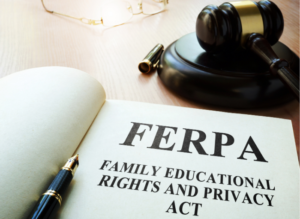 However, FERPA does allow “directory information” about a student to be shared without parental consent. Directory information may include a student’s name, grade level, and phone number— the kind of information “
However, FERPA does allow “directory information” about a student to be shared without parental consent. Directory information may include a student’s name, grade level, and phone number— the kind of information “
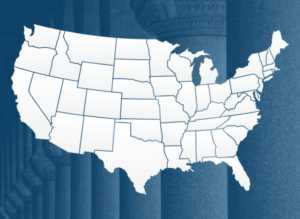 Some laws regulate state and/or local education agencies.
Some laws regulate state and/or local education agencies.


